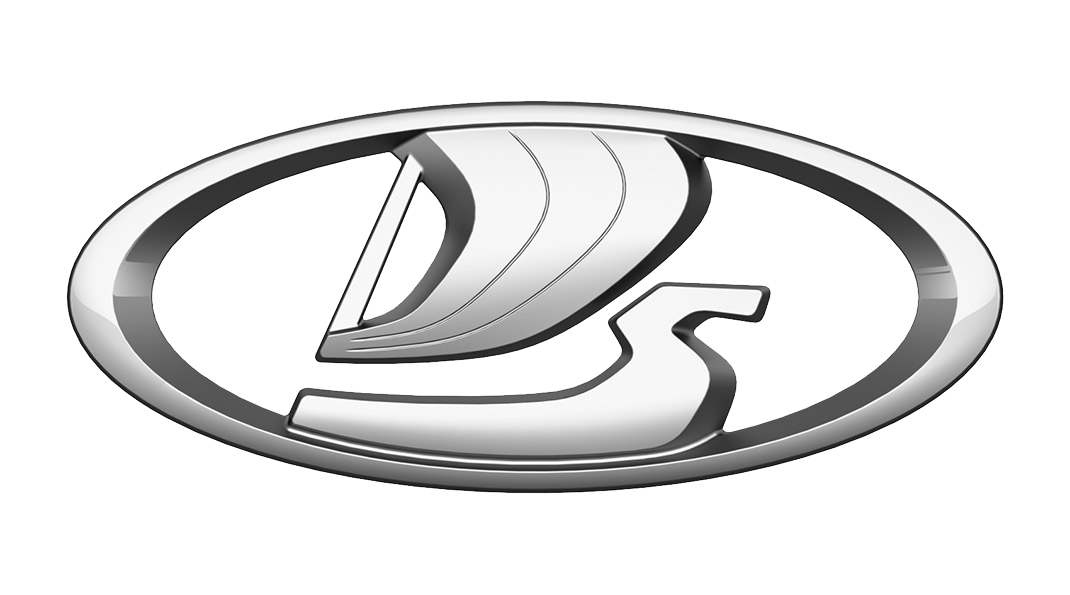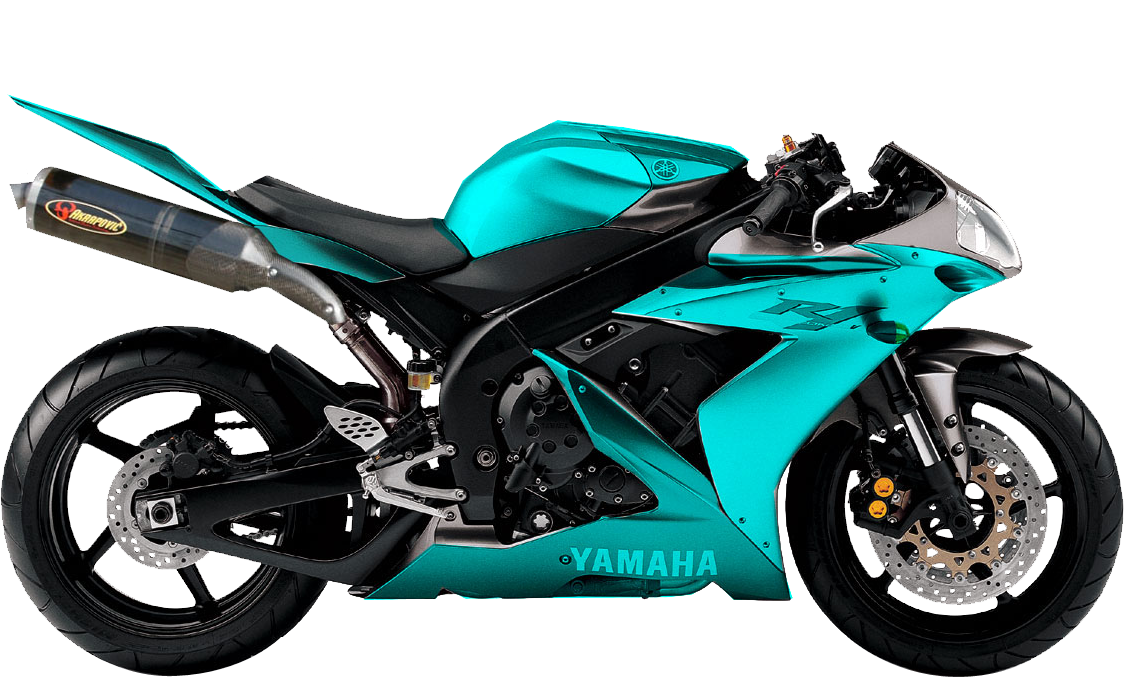Now Reading: AvtoVaz Makes First Profit in A Decade
-
01
AvtoVaz Makes First Profit in A Decade
AvtoVaz Makes First Profit in A Decade

Russia’s largest automaker AvtoVaz posted net profit of 5.86 billion rubles ($90.5 million) in last year — the company’s first profit in a decade. The results for 2018 follow on from losses of 9.66 billion rubles under international financial reporting standards (IFRS) in 2017, the company reported on April 30.
While some automakers in Russia have been impacted by a deep dive in the market in 2015-2016, AvtoVaz, helped by its largest shareholder Renault, consolidated its market share and appear on top from the crisis.
Russia’s car market has started to recover from a deep contraction that started in 2018. Car sales have been increasing slowly for the last two years but contracted for the first time since 2016 in February, before gaining growth again in March. The makeup of the market has also modified: in the boom years Avtovaz lost out to foreign brands as customers bought on credit, but since the downturn, Russians have returned to the cheaper Avtovaz models en masse, and currently, they are the best selling cars in Russia.
The company increased its Lada model sales by 16 percent year-on-year to 0.36 million vehicles in last year with a market share of 20 percent and boosted revenues by nearly 25 percent to 283 billion.
Renault-Nissan is the largest shareholder in Avtovaz, along with Russian state technology agency Rostec. Since autumn 2018 Rostec and Renault Nissan have been looking forward to consolidate 100 percent in Avtovaz. In April 2018 Avtovaz finished the second stage of a $1 billion recapitalization by the French auto major and Rostec, which brought their joint stake in the company to 83.5 percent.
Avtovaz’s net debt as of the end of 2018 was slashed by 27 percent to 61.5 billion rubles, as estimated by VTB Capital, because of both operational improvements and the recapitalization programme. Ebitda is estimated to have climbed 2.6-fold year-on-year to 22 billion rubles with margins doubling to 7.8 percent.
Russia’s Ministry of Industry and Trade has signed a 10-year special investment contract with Avtovaz to increase the localization of parts that go into the maker of the iconic Lada’s production.
The deal is particularly designed to boost the number of regionally produced parts in the production of Lada, Renault, Nissan, Datsun and Mitsubishi cars along with the modernization of their production capacities, the ministry stated. The deal will also generate 2,300 new jobs, Avtovaz stated in a statement.
Stay Informed With the Latest & Most Important News
Previous Post
Next Post
-
 01Polestar Boss Says It’s Time To Outrun BMW M And Mercedes-AMG
01Polestar Boss Says It’s Time To Outrun BMW M And Mercedes-AMG -
 02Spy Shots: 2027 Mitsubishi Pajero Spotted in Testing Ahead of Possible U.S. Return
02Spy Shots: 2027 Mitsubishi Pajero Spotted in Testing Ahead of Possible U.S. Return -
 032026 Toyota Hilux EV: A Powerful Truck with Silent Torque
032026 Toyota Hilux EV: A Powerful Truck with Silent Torque -
![2027 Mercedes-Benz S-Class Debuts with V8 Engine [Photo Gallery]](https://speedlux.com/wp-content/uploads/2026/01/2027-Mercedes-Benz-S-Class-33-155x125.jpg) 042027 Mercedes-Benz S-Class Debuts with V8 Engine [Photo Gallery]
042027 Mercedes-Benz S-Class Debuts with V8 Engine [Photo Gallery] -
 052026 Corvette ZR1 Production Surges Past Expectations as Output Clears 1,000 Units
052026 Corvette ZR1 Production Surges Past Expectations as Output Clears 1,000 Units -
 06Spy Photos: VW ID. Polo GTI Goes Electric with 223 HP and 280 Miles of Range
06Spy Photos: VW ID. Polo GTI Goes Electric with 223 HP and 280 Miles of Range -
 07Hyundai Palisade’s Breakout Year Shows How Quickly the Market Can Turn
07Hyundai Palisade’s Breakout Year Shows How Quickly the Market Can Turn



![2027 Mercedes-Benz S-Class Debuts with V8 Engine [Photo Gallery]](https://speedlux.com/wp-content/uploads/2026/01/2027-Mercedes-Benz-S-Class-33-700x394.jpg)











































